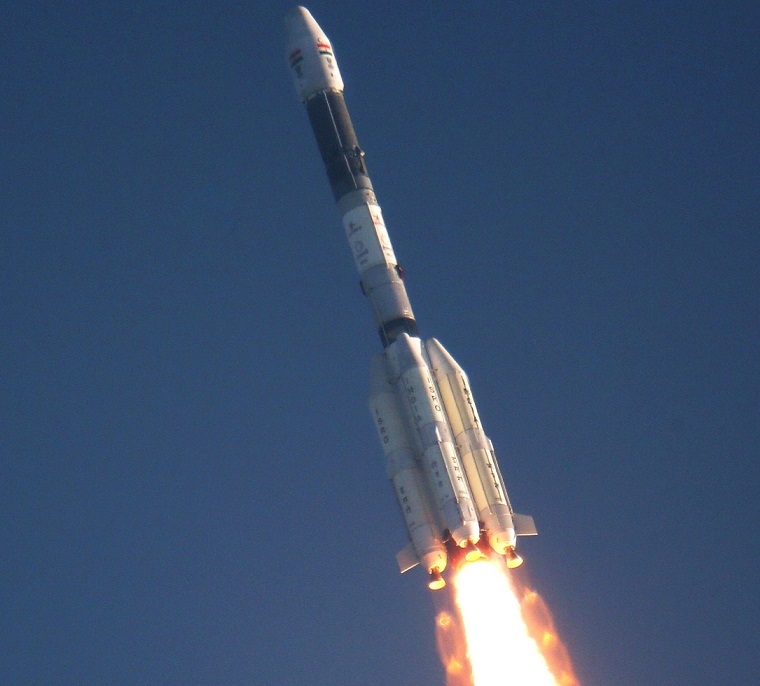
India's GSLV rocket carrying the INSAT-3DR sattelite soars into the sky on Sept. 8, 2016. An ISRO photo
SRIHARIKOTA (PTI): Indian Space Research Organisation (ISRO) has drawn up plans to make two to three GSLV missions every year, a top official said on Thursday.
The space agency registered a hat-trick of success on launch of geosynchronous launch vehicles with Tuesday's GSLV-F05 flight carrying advanced weather satellite INSAT-3DR and placing it in GTO successfully.
"We had a very successful flight of GSLV-Mk II. This is third consecutive GSLV-Mk II launch with indigenous cryogenic upper stage. Last August (2015) we had successful launch of GSLV-D6. Our intent is to launch two-three GSLV-Mk II missions every year in the coming years," ISRO Chairman A S Kiran Kumar told reporters in Sriharikota.
GSLV rockets using the indigenous Cryogenic Upper Stage are designated GSLV Mk II.
Noting that ISRO scientists have geared to launch the 'SCATSAT' in two to three weeks followed by the 'GSLV-Mk III', he said, ISRO was also working on launching vehicles to Venus or to Asteroids.
"We have lined up plans to launch the Communication satellite, SAARC satellite, Earth Observation Satellite. Then we have Chandrayaan-II, we have ISRO-NASA Mission. Launch of ADITYA is also under progress. We also have the MARS Mission II. We are looking at going to Venus or to Asteroids. The discussions are going on," Kumar said.
On Tuesday's successful launch, Project Director Uma Maheshwaran said, "this (launch) has been a fantastic mission. In fact this is the first hat-trick of GSLV. PSLV also has so many hat-tricks till now. This is the first mission carrying heaviest satellite that was successfully deployed," he said.
Noting that the ISRO scientists have worked on "shortest working campaign" towards the launch of GSLV-F05, Project Director Maheshwaran said, "We had lot of PSLV missions. We are also planning to have two to three GSLV launches per year.
Really we are striving for more (launches)."
"In today's launch, all the parameters were perfect. The cryogenic stage has performed exceptionally well. It is a remarkable mission. Against the planned target of perigee of 170 km plus or minus five km, the launch (of satellite in GTO) happened at 169.7 km. It is a precise text book launch," he said.
Maheshwaran said ISRO was working on a vision of increasing the weight of the payload up to 2,600 kg from the current 2,211 kg of INSAT-3DR.
On the 40 minute delay before commencing the lift-off which was pushed to 1650 IST against the planned 1610 IST, Liquid Propulsion Systems Centre Director S Somanath said while filling propellants in indigenous cryogenic stage, "first you have to fill oxygen in the circuit. We found one of the valves in the ground circuit was open and leaking gas."
"We detected the anomaly in the ground and isolated it through remote command. So this made 40 minute delay.
Indigenous Cryogenic Stage is time controlled activity," he added.
To a query on reusable launch vehicle that was successfully launched last month, Vikram Sarabhai Space Centre Director K Sivan said, "it demonstrated a grand success as you are aware. Reusable vehicle is a concept which we are making it to go to orbit and come back (to earth). That study is going on."
Asked what the successful launch of GSLV-Mk II means for Antrix Corporation, Antrix Corporation Chairman and Managing Director S Rakesh said, "This success has opened another door.
PSLV has its own commanding market. Another vehicle (GSLV) with its own capacity is definitely adding more capability to international market. Globally, the satellite business is valued at about US$ 330 billion and about US$ five billion comprises launch services market."
"For PSLV we have a long list of customers whereas GSLV serves a different kind of market," he said.
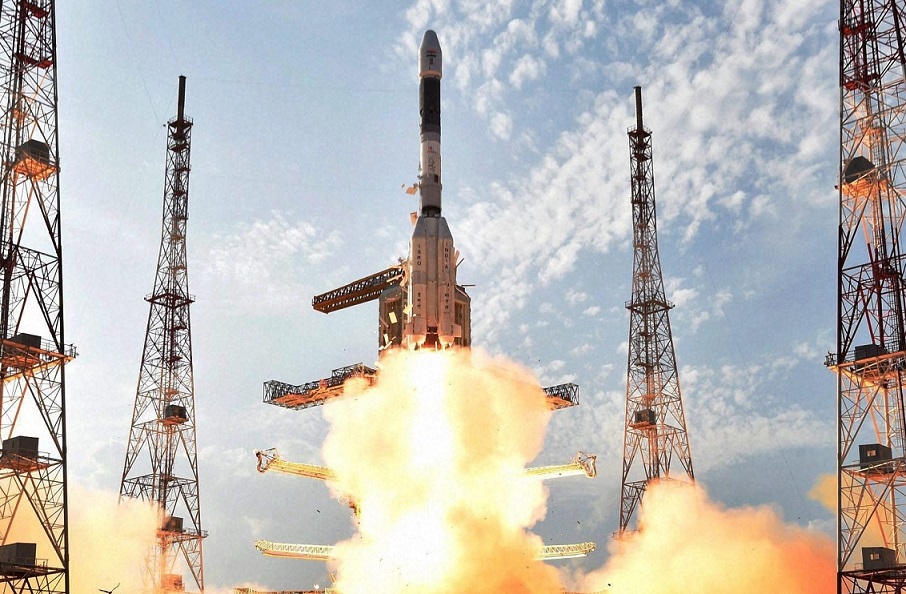 Previous Article
Previous Article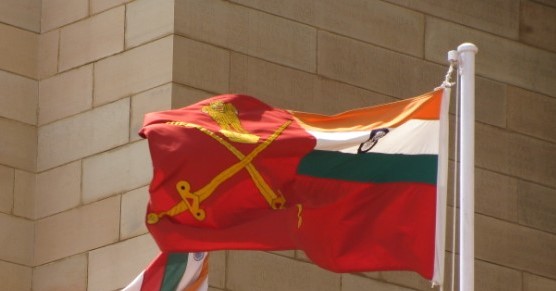 Next Article
Next Article
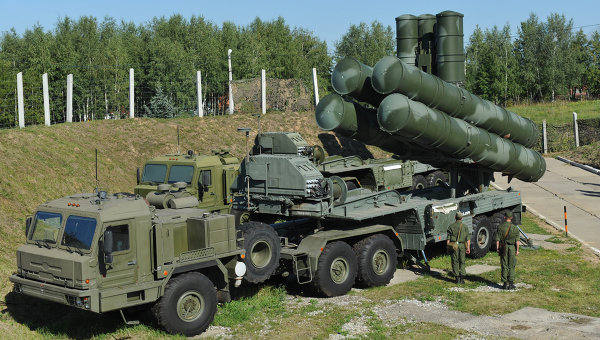
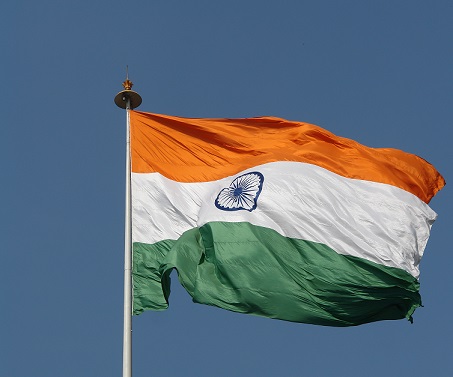
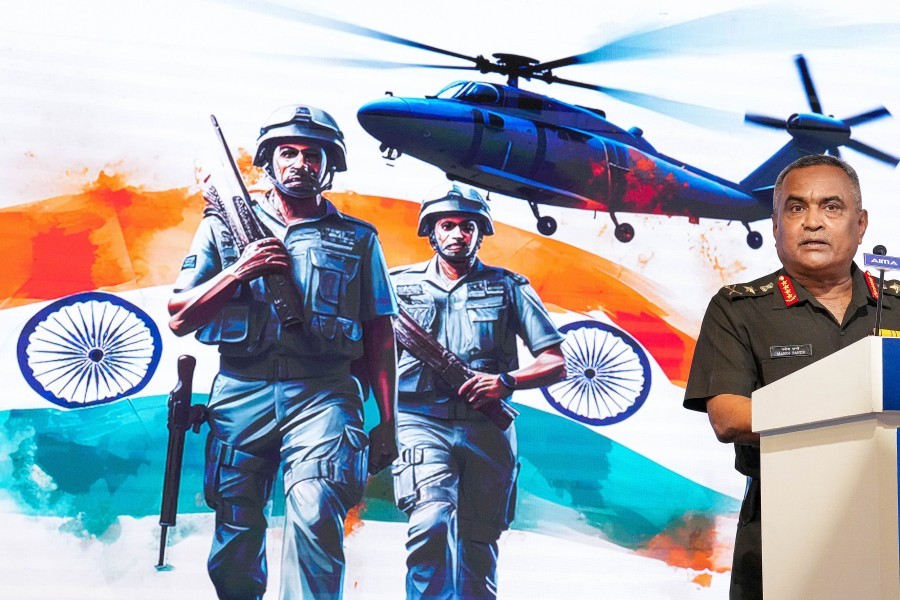
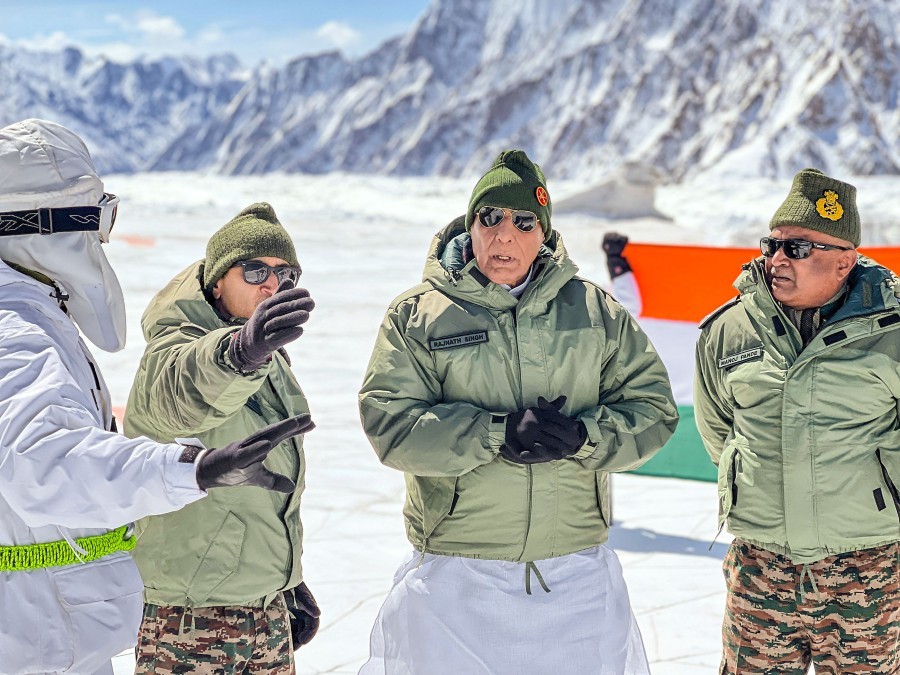

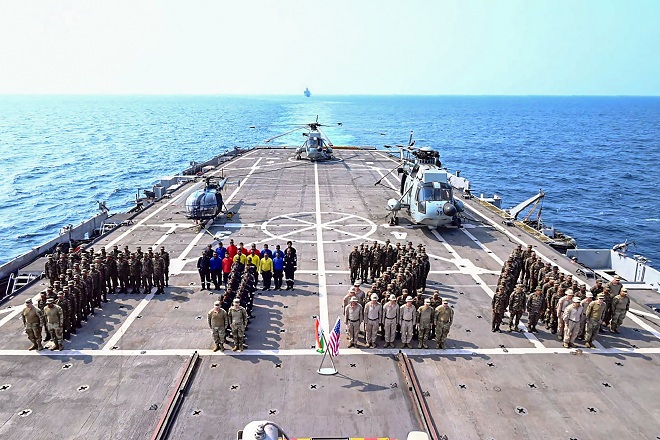
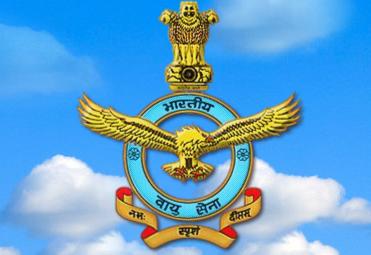
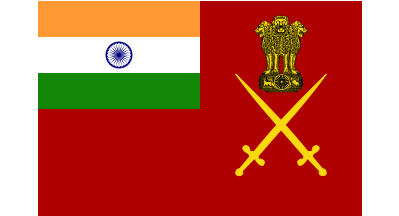
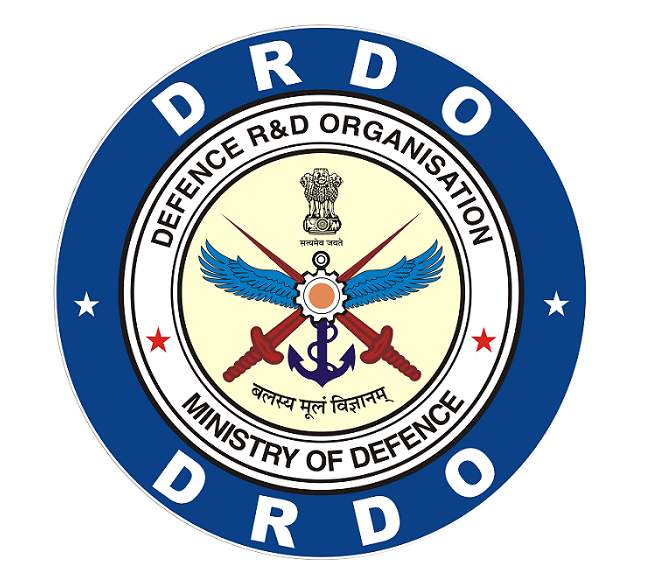





The Indian Air Force, in its flight trials evaluation report submitted before the Defence Ministry l..
view articleAn insight into the Medium Multi-Role Combat Aircraft competition...
view articleSky enthusiasts can now spot the International Space Station (ISS) commanded by Indian-American astr..
view article